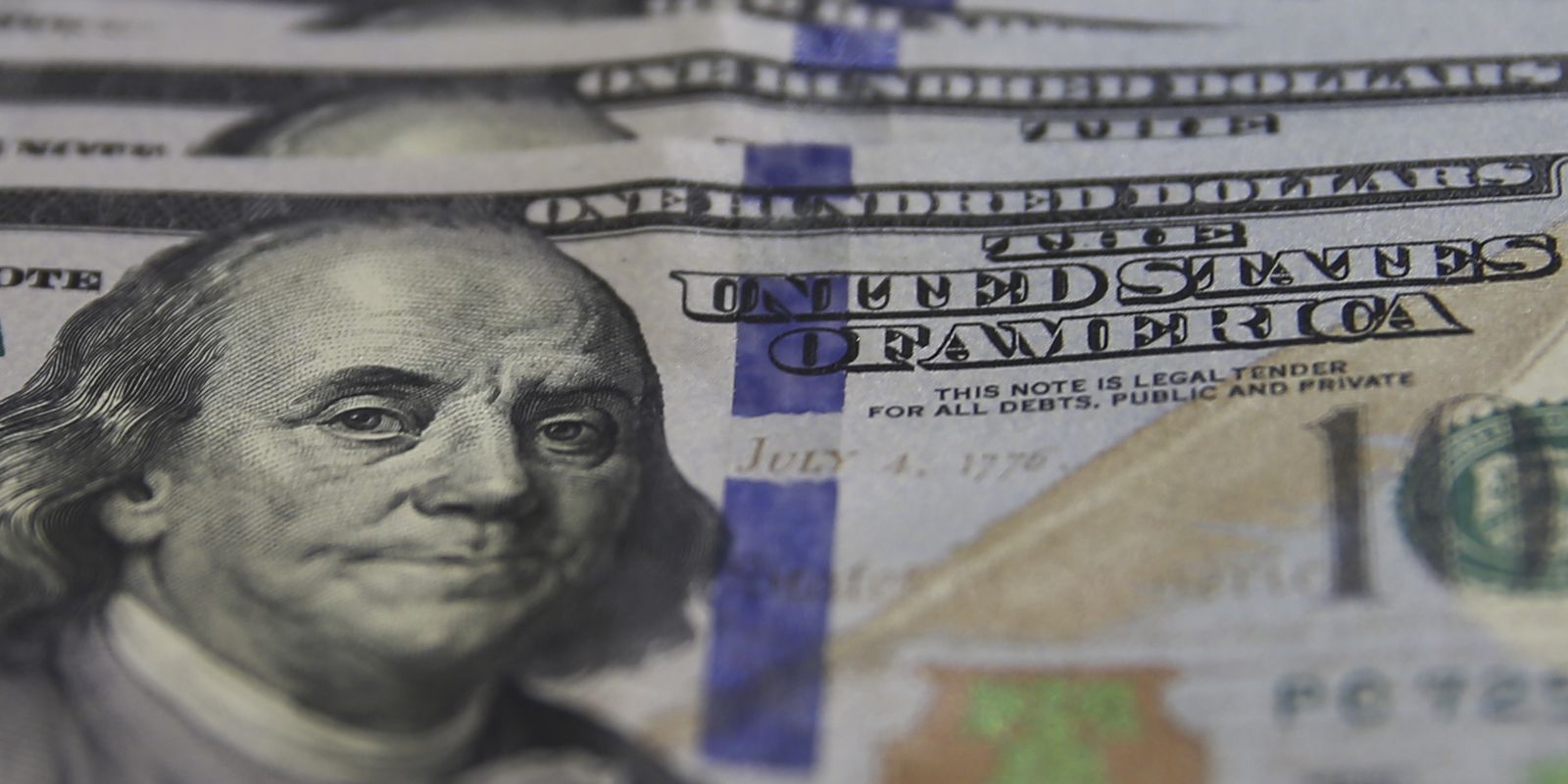On a volatile day in the financial market, the dollar fell slightly, but remained above R$5.20. The stock exchange started the session low, but reversed the trend near the end of the negotiations and closed with a slight increase.
The commercial dollar ended this Thursday (16) sold at R$5.212, down 0.16%. The currency started the day on a high, rising to R$ 5.26 at the maximum of the day, around 10:45 am. However, the movement reversed as of 3 pm, influenced by the loss of strength of the US currency abroad. At the low of the day, around 3:30 pm, it fell to R$ 5.20.
Despite today’s fall, the dollar accumulates a high of 2.66% in February. In 2023, the currency drops 1.29%.
In the stock market, the day ended with gains, despite turmoil in the beginning of the session. The B3 Ibovespa index closed at 109,941 points, up 0.31%. The stock exchange started the day under the impact of the balance sheets of several companies that reported profits lower than expected. However, the atmosphere improved throughout the afternoon, with the reduction of tensions between the government and the Central Bank.
The market spent the day awaiting the first meeting of the National Monetary Council (CMN) of President Luiz Inácio Lula da Silva’s government. The meeting ended without changing the inflation target for 2023. A declaration by Lula during the afternoon saying that he has no interest in fighting with the president of the Central Bank, Roberto Campos Neto, eased the mood.
In the United States, the financial market started the day pessimistic after the announcement that inflation to North American producers rose above expectations in January and that unemployment insurance claims fell more than expected. The data increased the chances of the Federal Reserve (Fed, US Central Bank) keeping interest rates high for longer to contain inflation.
Higher rates in advanced economies put pressure on emerging countries like Brazil. However, the dollar lost strength in the afternoon across the planet, after a Fed regional director said that the trend is for inflation to lose strength and unemployment to rise in the coming months, which would dispense with a monetary tightening greater than expected.
* With information from Reuters
















